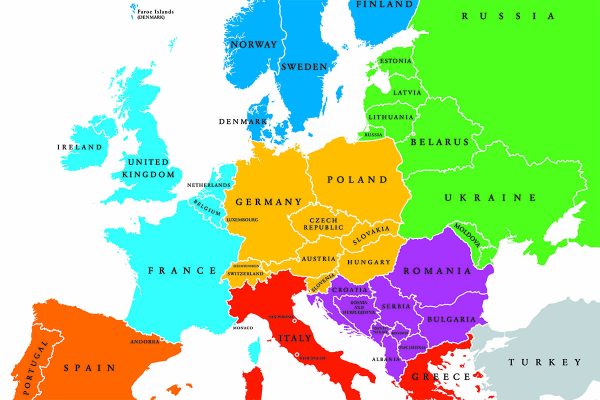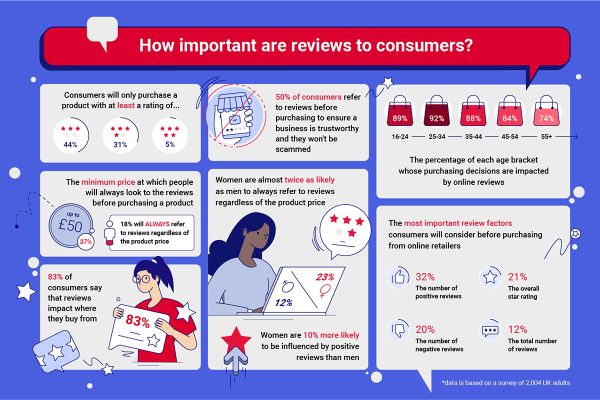Should we be worried about Greece and what happens if they leave/stay in the Euro? What’s going on with exchange rates which affect how expensive or affordable your products are to our EU neighbours? Edd Hardy, a Business Analyst at Worldfirst has some insights as to what’s going on with the Greek economy and how it might affect you:
 As the calendar creeps closer toward the end of June, Greece creeps closer toward uncharted territory as the deadline for a €1.5bln loan repayment to the IMF is due. To say Greece’s bank balance has ‘insufficient funds’ is a wild understatement.
As the calendar creeps closer toward the end of June, Greece creeps closer toward uncharted territory as the deadline for a €1.5bln loan repayment to the IMF is due. To say Greece’s bank balance has ‘insufficient funds’ is a wild understatement.
In place of the IMF repayment, the country’s renegade Prime Minister Alexis Tsipras has furiously been compiling plan after plan of austerity measures. These budget balance promises hold the aim of kicking the can down the road a little further and reaching a more generous timeline agreement with the country’s creditors.
But his time is running out. If an agreement has not been reached, and the funds have not been paid, Greece will officially default on its debts with the IMF – a move that has traditionally led the way to bank runs, debt-deflation spirals and crippling economic recession. In Greece’s case the road will be slightly more hostile – and could lead to it becoming the first country to be forcefully ejected from the Eurozone.
In the currency markets, Greece’s distress has been highly evident in the push of GBP/EUR toward 1.40, however the rate has been somewhat becalmed by the belief that the EU (a Nobel Peace Prize winner!) will not act on its threats of kicking Greece into the monetary abyss. This temporary calm in FX markets incorrectly gives the impression of tranquillity on the topic – but the reality is, traders and banks worldwide are waiting with a hair trigger to fire the EUR higher if a deal is reached – but sharply lower if Greece comes close to the brink.









